Language shapes how we understand the world and each other. In discussions about disability and inclusion, the words we use can either affirm and uplift or alienate and harm. Choosing the right language is essential to fostering a world where everyone feels valued and included.
When talking about disability, some people avoid the term entirely, substituting alternatives like “differently abled” or “special needs.” While often well-intentioned, these euphemisms can feel patronizing or dismissive. For many within the disability community, these terms attempt to soften reality, obscuring the systemic barriers we encounter. Words like “special needs” can also carry unintended negative connotations. This term, for instance, implies that the needs of disabled individuals are somehow extraordinary, when in reality, they are just needs — basic human requirements for access, support, and inclusion. Everyone has needs at one time or another; framing them as “special” for disabled people sets us apart unnecessarily.
Disability is not a bad word. It is a neutral descriptor, not something to fear or avoid. For many, it is the clearest and most widely accepted term. It acknowledges challenges without sugarcoating or romanticizing lived experiences. However, preferences vary greatly, and it is essential to respect how individuals choose to identify themselves. If you’re unsure, the simplest approach is to ask.
Person-First vs Identity-First
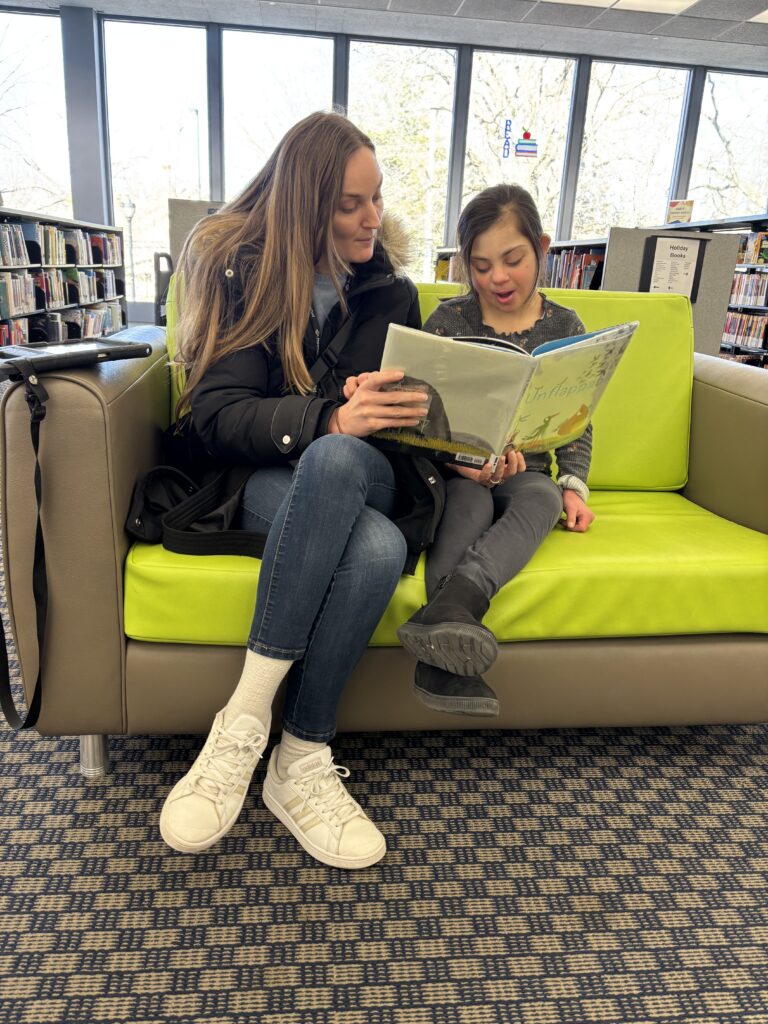
A common debate in disability discourse is whether to use person-first language (e.g., “a person with a disability”) or identity-first language (e.g., “a disabled person”). Both have valid reasoning behind them.
Person-first language places the individual before their disability, emphasizing humanity over labels. Identity-first language, on the other hand, embraces disability as an integral part of identity rather than something to separate or downplay.
There is no universal preference, and opinions within the disability community differ. What matters most is ensuring that language is respectful and informed by the preferences of the person described. Listening and adapting are key.
Moving Past Outdated Terms
Certain terms are universally considered outdated and offensive. Words like “crippled,” “mentally retarded,” or “dumb for someone who is non-verbal are relics of a time when society viewed disabled people as inferior or incapable. Such language perpetuates harmful stereotypes.
Similarly, phrases like “suffering from blindness” or “wheelchair-bound” are problematic. These expressions frame disability in terms of limitation or pity, reducing people to their challenges. A wheelchair, for instance, is not a symbol of confinement but a tool of independence and mobility. Language that reflects empowerment rather than limitation helps shift perceptions.
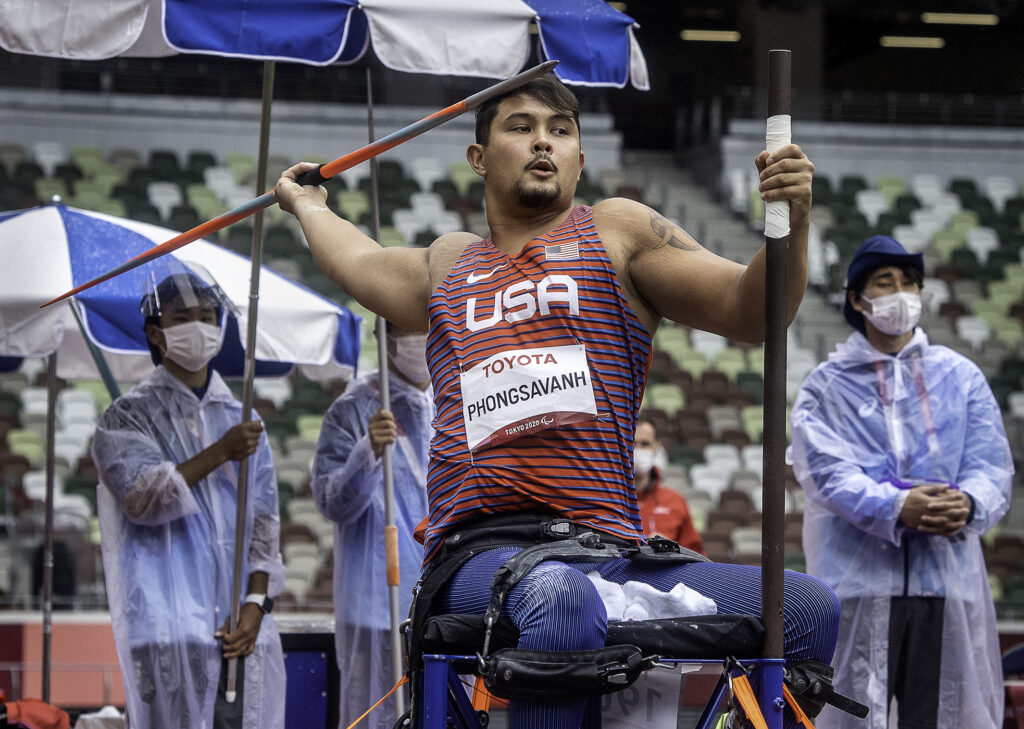
Another problematic habit is describing non-disabled individuals as “normal.” This terminology implies that disabled individuals are inherently abnormal, as though their existence falls outside the natural human experience. Disability is not an anomaly but a part of the vast spectrum of human diversity.
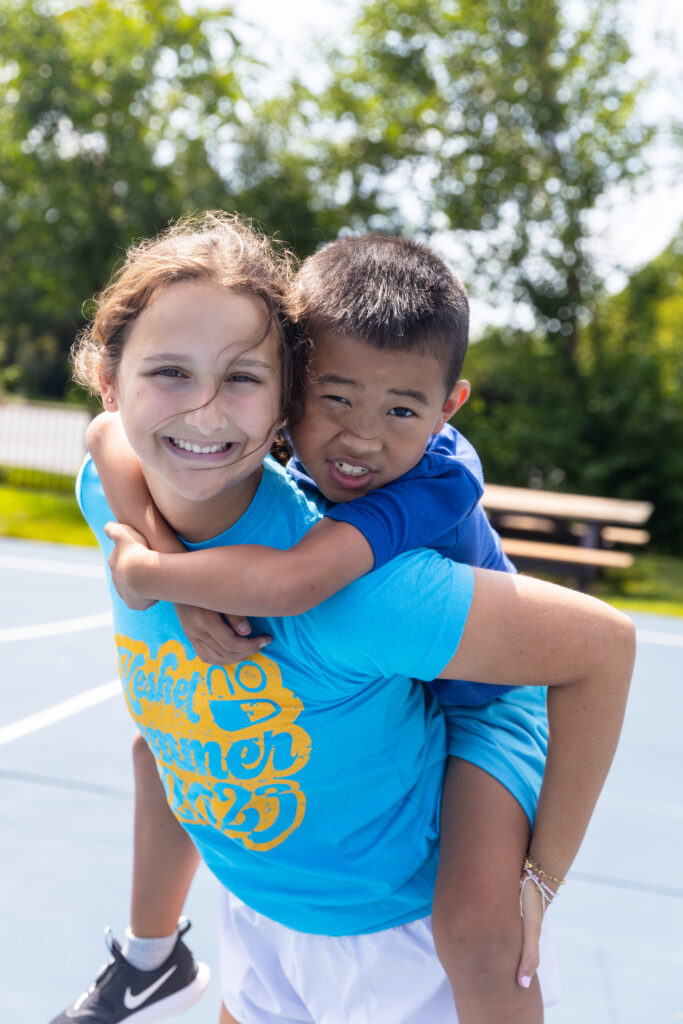
Small Shifts in Language
The language we use affects how society perceives disability. Terms that emphasize deficit or pity reinforce the idea that disability is something to be feared, overcome, or avoided. This line of thinking perpetuates stereotypes and barriers — not just physical but also social and psychological — that exclude disabled people from full participation in society.
To foster inclusion, we must view disability as a natural part of human diversity rather than an anomaly by rethinking the narratives embedded in our language. For example, describing adaptive tools like wheelchairs as enablers of mobility rather than symbols of restriction helps highlight possibilities instead of limitations.
Small shifts in language can have a profound impact on broader societal attitudes. By challenging outdated stereotypes and normalizing conversations about disability, we create a culture that embraces everyone, regardless of their abilities.
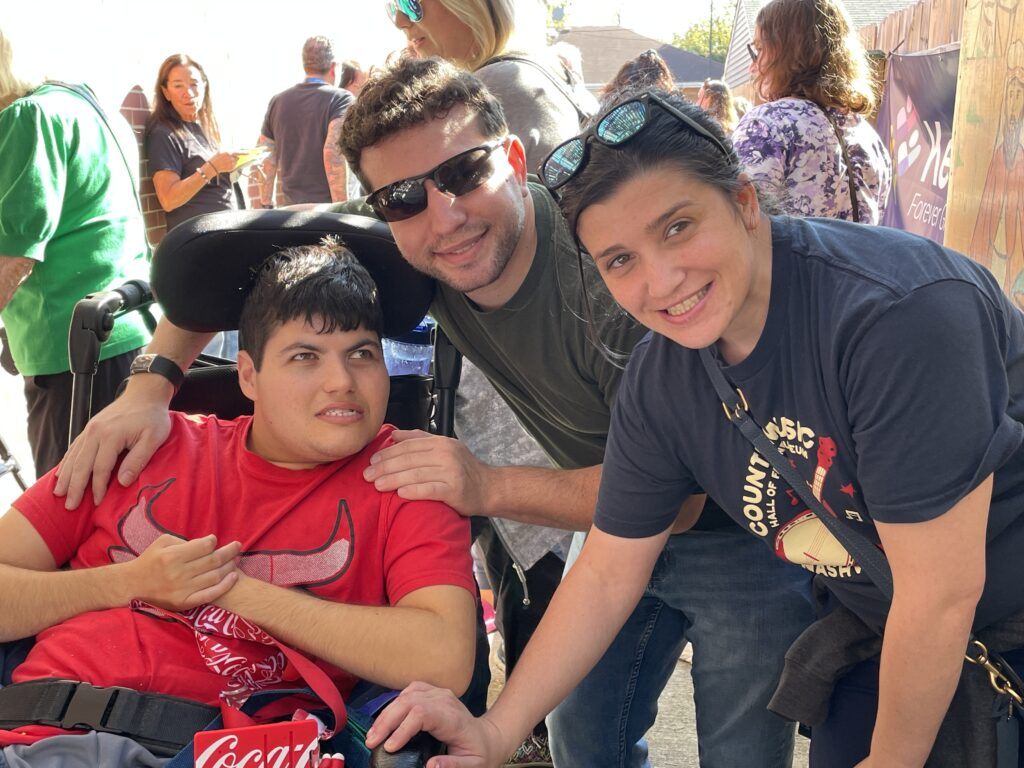
Changing how we talk about disability is just one step, but it is an essential one. Language influences perceptions, which in turn shape societal attitudes and opportunities. By choosing words that reflect respect, empowerment, and inclusion, we can challenge outdated assumptions and build a world that celebrates human diversity.
Disability is not a tragedy or a burden; it is one facet of life. Through mindful language and intentional conversations, we can foster an environment where everyone feels seen, valued, and included.
How to Help
Keshet provides classroom experiences, camps, sports, social, and vocational activities to individuals with disabilities. It is one of the few organizations that offers support to children as young as three and continues into adulthood.
Donations to Keshet support programming, scholarships, and operating expenses. You can make an online donation or visit their website for other opportunities to support the organization.

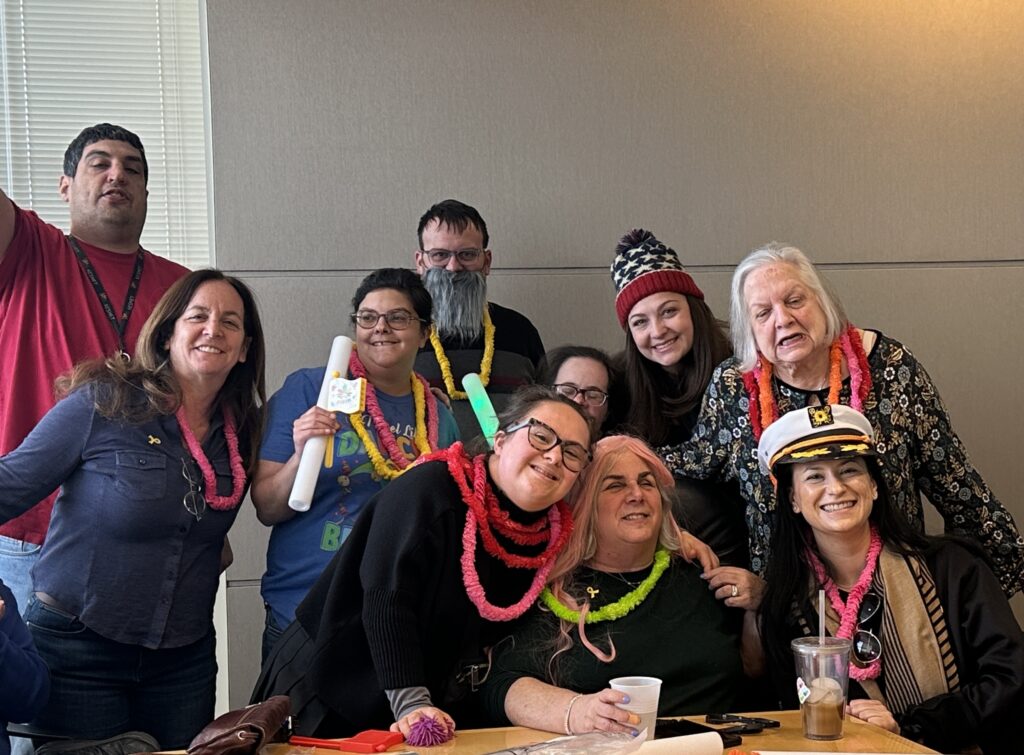
Michelle Friedman, Keshet Board Chair, is an author, life coach, and self-described professional board member, who has given her time and talents to many Jewish nonprofits. As a blind woman, Michelle holds fast to the motto of the disabled community, “nothing about us without us,” and feels a deep, personal commitment and connection to Keshet’s mission.

